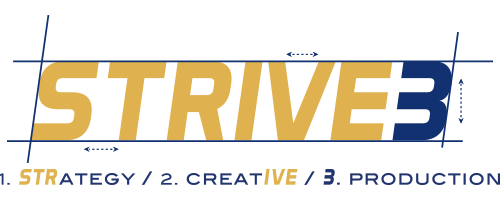Content marketing, unlike traditional advertising, harnesses the power of storytelling. A good story unifies individual human experience through the power of narrative to resolve the paradoxes that people confront. It is hard enough for novelists and screenwriters to write stories and develop a voice, let alone a corporate brand. Here’s why storytelling should be a part of your content marketing strategy.
One of the biggest pitfalls for brands is to relapse into self-congratulation, rather than extend empathy to the customer. It is easy to brag without substantiation.
Camille Ricketts of First Round Capital said at the #ThinkContent conference that B2B marketers easily make the same mistakes as brands make in B2C marketing when choosing their voice. A lot of companies are tempted to talk about the awards they won or the amazing progress they’ve made in innovation. That comes off as proud. The consumer is not impressed, but repulsed.
Ricketts’s approach to marketing is to tell a story with a protagonist.
Poet and advertiser Samantha Jayne believes that the protagonist should be relatable to the consumer. Nobody wants to hear a story about an unflattering, caricatured hero.
Create, craft, and use a voice that reflects the consumer. Your audience is smart and can tell when a brand is sucking up to them. While it is easy to stereotype, satirize, and misunderstand, it is more rewarding to accurately reflect your customer. Do not mock your audience — sympathize with them.
There are several simple ways to connect with your consumers through storytelling. First, you can solicit content from your customers. AirBnB won an award for their content marketing strategy, even though most of their content is curated and not created. Content curation increases engagement and ensures that your storytelling is an authentic reflection of consumer lifestyles.
Second, you can conduct case studies to gain insight into your customers’ lives. Reflecting the lifestyle of your audience helps increase engagement and leads. An accurate customer profile can result in content with high engagement and conversion rates.
If your marketing audience is primarily businesses and not consumers, you’re not off the hook. Good storytelling captures everybody’s attention and money — even executives. Tell a story about realistic people, with a sympathetic voice for success.
Storytelling is integral to a stellar content marketing strategy. Next week, revisit our blog to learn how to translate stories into content marketing.
By Esther Grace Ehrenman, Digital Editor and Strategist


